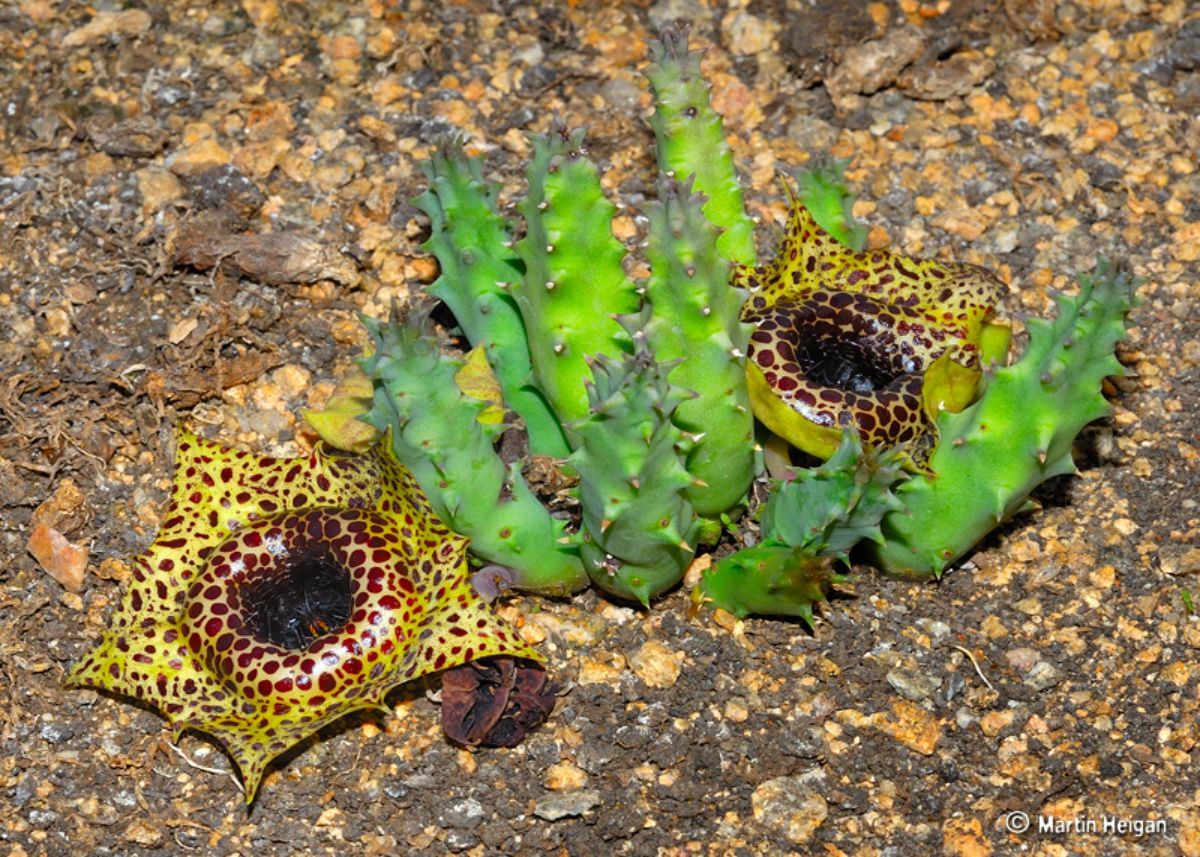The Karoo desert is a biodiversity hotspot spanning South Africa and Namibia, and contains many rare succulent plants.
This endangered flora is being poached to meet international demand. The illegal trade has not only endangered unique species but also disrupted local communities, with organised crime syndicates at the helm, writes the BBC.
Succulents, named for their ability to thrive in arid conditions by holding water, come in diverse shapes, sizes, and colours.
Many species are endemic to the Succulent Karoo, making them highly sought after by collectors in the US, Europe, and East Asia.
While nurseries cultivate some varieties, the allure of wild succulents has driven poachers to strip the land of its natural treasures.
“In South Africa, we know already of seven species that has been wiped out completely and there are certainly more species that will go extinct very soon,” says Pieter van Wyk, a curator at the /Ai /Ais-Richtersveld Transfrontier Park that is already nursing over 200 000 confiscated plants.
An uptick during the pandemic
Between 2019 and 2024, South African authorities seized 1.6 million illegally harvested succulents. Conservationists reckon this is a conservative figure, and represents only a fraction of the actual poaching.
The Covid-19 pandemic exacerbated the problem. According to Van Wyk, people had more time to find a hobby, and plants were one of the only things that could connect people to the outside world during lockdowns.
Travel restrictions meant international traders began employing locals to collect and smuggle succulents.
Social media and e-commerce platforms have since become key channels for marketing these rare and sought-after plants.
“The syndicates create viral campaigns, marketing these ‘super-strange looking’ plants from Africa to eager buyers,” Van Wyk added.
Impact on local Karoo communities
In Namaqualand’s Kamieskroon, where poaching is rampant, residents face rising social tensions.
“This is a low-income area, people are not rich here, and people will exploit opportunities for income,” said Malinda Gardiner from Conservation South Africa.
A local livestock farmer noted that when poaching money flows in, drug and alcohol use in the community increases, along with other social issues.
“Small communities here really need each other…but this brings distrust,” Gardiner added.
Efforts to address the crisis
The South African government is aware of the problem and in 2022, launched environmental awareness programmes.
Non-profit group Traffic and the UK’s Kew Gardens have partnered with platforms like eBay to curb the sale of wild succulents.
In China (a major source of demand for wild succulents), the Clean Internet for Conophytum campaign reduced online adverts for illegally sourced succulents by 80%.
Van Wyk meanwhile believes that promoting legal cultivation will reduce the demand for poached plants.
Are you a succulent enthusiast?
Let us know by clicking on the comment tab below this article or emailing info@thesouthafrican.com or sending a WhatsApp to 060 011 021 1.
Subscribe to The South African website’s newsletters and follow us on @TheSAnews on X and The South African on Facebook for the latest news.
